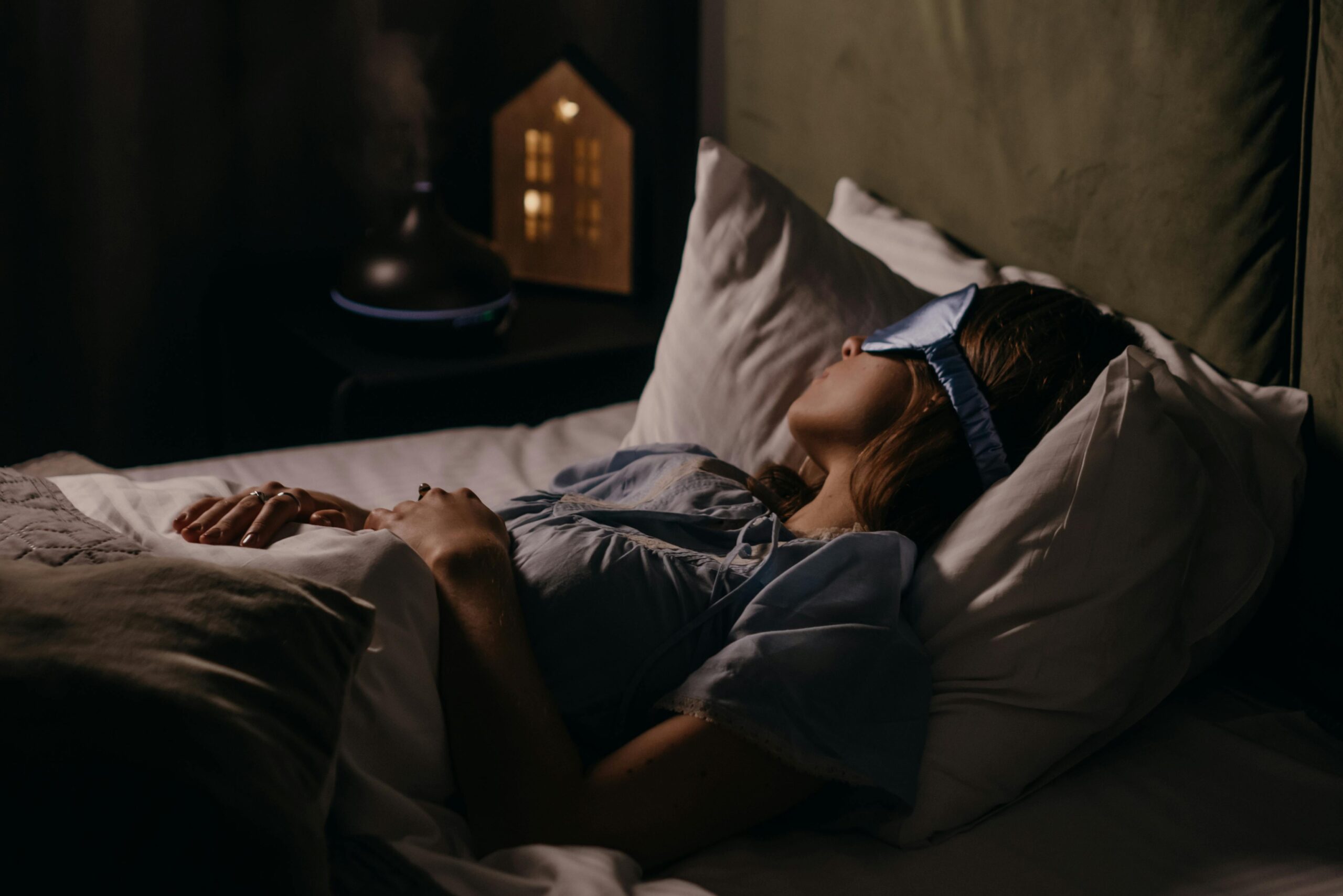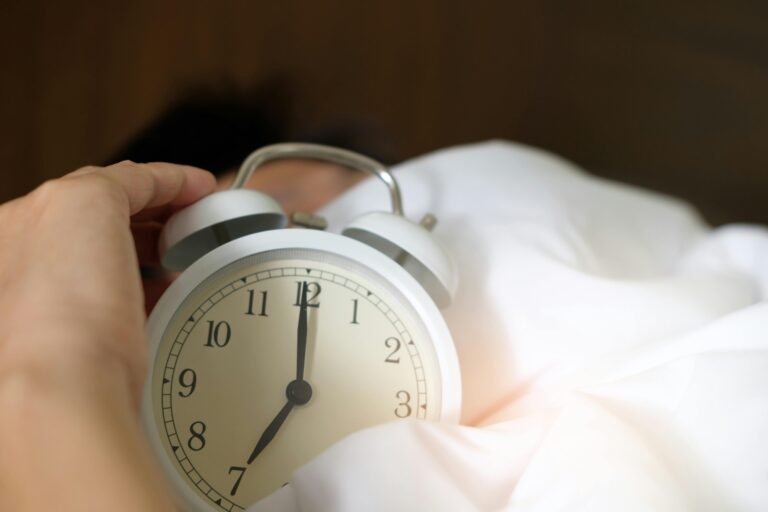
Good-quality sleep is basically part of our health (Foods) and wellbeing. It influences a myriad range of things such as how we feel during the day, our energy level, to the way the immune function and memory performs.
Good-quality sleep is basically part of our health and wellbeing. It influences a myriad range of things such as how we feel during the day, our energy level, to the way the immune function and memory performs. Notably, improvement on sleeping environment and even on time-to-bed becomes little less known to a secret but eating near time for sleeping may dramatically affect its quality. The wrong food close to bedtime might mess up our sleep cycle and even cause discomfort; worse, it would disturb restful, restorative sleep.
In this article, we’ll discuss what not to eat before bed and why these choices will hurt your sleep quality.
Why Food Choices Before Bed Matter
When you eat, your body works to digest the food, break it down, and absorb nutrients. It will cost you energy and activates the different bodily functions. In some instances, intake of foodstuffs that are rich, hot, and full of sugar can easily excite the digestive system making it difficult for the body to get into and stabilize into sleep. Some reasons include the late-hour consumption of foods that have a lot of fat, sugar, or caffeine since all these tend to contribute to the difficulty in getting and staying asleep.
Foods to Avoid When Sleeping Better
Some of the foods and food groups to avoid prior to sleep to enhance quality include the following:
____
1. Caffeinated Foods and Drinks
Caffeine is a stimulant that causes wakefulness and delays the onset of sleep. Coffee is the most common culprit, but caffeine is also present in many teas, soft drinks, and even some foods. It blocks adenosine, the chemical causing sleepiness, and it can last for up to six hours depending on a person’s sensitivity.
What to Avoid:
- Caffeinated beverages include:
Coffee, black and green tea, and energy drinks
Sodas and other caffeinated soft drinks
Chocolate and chocolate-flavored foods, like chocolate ice cream
Decaf coffee because even decaf coffee has some caffeine in it
Alternative: Herbal teas like chamomile or peppermint are another bedtime drink option that should be relaxing and do not contain caffeine.
—
Processed Foods and Refined Carbohydrates
Foods high in sugar and refined carbohydrates, including candy, cookies, and pastries, create blood sugar fluctuations. Changes in blood sugar have the potential to cause release of stress hormones, including adrenaline, and will leave you unable to fall asleep or stay asleep. Studies have linked diets high in sugar and refined carbs to shallower, less restorative sleep.

Avoid:
- Candy, cookies, and sweet cereals
- Ice cream, pastries, and cakes
- White bread, pasta, and other refined grains
Instead: For the purpose of having a decent night snack, try eating foods that are good sources of fiber and complex carbohydrates. An example can be a bit of oatmeal or a banana. They keep blood sugar levels in check and do not produce energy crashes.
—
Hot peppers, curry, and salsa are spicy foods that irritate the lining of the stomach and provoke acid reflux or heartburn. Lying down worsens these burning sensations in the chest and throat, which can interrupt sleep. For this reason, spicy food may also elevate your body temperature, which in turn can interfere with the natural loss of body temperature that is required at night for sleep.
Aversion Foods:
- Chili peppers, hot sauce, spicy salsa
- Curry and other over the top spiced dishes
- Foods containing large amounts of garlic or onion
Substitution: If you desire something savory to munch on right before bed, unsalted nuts can be substituted and provide good protein along with healthy fats, while preventing digestive discomfort and acid reflux.
4. Fatty and Fried Foods
The longer it takes to digest the food, the more likely you are to feel uncomfortable as your body struggles to process the food. It can also cause acid reflux, especially if eaten too close to bedtime, making it difficult to fall asleep.
Avoid:
- French fries, fried chicken, and other deep-fried foods
- Pizza, burgers, and heavy casseroles
- Fast food that is high in saturated fats
Alternative: When you want something that really fills you up, reach for Greek yogurt with some berries or a small cup of cottage cheese. While these are high in protein and contain some fat, they are much easier on your digestive system than fried foods.
—
5. Alcohol
Although alcohol may induce drowsiness at the onset, it actually is a sleep quality depressant and tends to increase much more fragmented, lighter sleep. Alcohol disrupts REM sleep, which is of paramount importance for memory consolidation and emotional regulation. Plus, it is a diuretic, so one will have to wake up more than once in the course of the night to take care of his or her business.
Foods and Drinks to Avoid:
- Beer, wine, cocktails, and any other alcoholic drink
- Foods that are cooked in high alcohol content, in which there may be leftover alcohol in the food
Other option: Warm glass of milk or herbal tea before bed. The amino acid tryptophan is in warm milk. Tryptophan stimulates sleepiness feelings.
—
These are acidic foods that might be causing acid reflux if consumed close to bedtime. It can probably cause irritation of the acids in these foods and bring discomfort and heartburn and render sleep impossible. The acidic foods include citrus fruits and tomatoes.
Avoid
- Oranges, grapefruits, lemons, limes
- Tomato sauce, ketchup, salsa, etc.
- High-acid salad dressings and vinaigrettes
Substitute: When you crave something light for a fruit snack, take a few slices of an apple or pear.
7. Big, Heavy Meals
Eating a big, heavy meal before bed puts pressure on the digestive system, which may cause discomfort, indigestion, and even bloating. Heavy meals make your body work overtime to digest food, which may prevent you from relaxing enough to fall asleep.
Foods to Avoid:
- Pasta, steak, or heavy casseroles in large servings
- High-protein foods
- Any meal more than you would normally serve yourself for dinner
Solution: If you’re hungry at night, why not a snack that’s low in calories but high in content: some whole-grain crackers with a slice of cheese. A small, balanced snack will take the edge off, without placing a burden on your digestive system.
—
Foods That Can Help Improve Sleep
There are other foods that will help prepare the body for sleep or enhance sleep quality. Those with high tryptophan, magnesium, or melatonin content will instruct the body to prepare it for rest. Some snacks to be consumed before bedtime are:
- Bananas: Potassium and magnesium relaxes muscles.
- Almonds or walnuts: Contain melatonin and magnesium.
- Oatmeal: Rich in complex carbs and melatonin helps regulate the sleep cycle.
- Kiwi: Kiwi can help enhance sleep latency and its duration as it contains serotonin and antioxidants.
—
The Right Timing of Your Meals to Ensure Better Sleep
Even with a healthy diet, timing is everything. Avoid heavy meals two to three hours before bedtime so that the body is able to digest enough time prior to going to bed. This way, you do not let the acid reflux indigestion and disturbed sleep occur from a busy digestive system.
However, if you feel hungry at close to bedtime, indulge in a light snack that is sleep-friendly with lesser sugar, fats, and acidity. A little food goes long way in fighting off hunger pains without overloading the digestive system.
—
Conclusion
There are several contributing factors to quality, restful sleep, and what you eat is definitely one of them. Avoiding certain foods and drinks in the hours before bed helps minimize disturbances in the night that can wake your body up enough for it to relax and finish up its essential sleep cycles. Small, thoughtful changes in your evening eating have a big impact on the quality of sleep, which then determines one’s health and well-being.
Controlling what you eat and making sure it’s done at the right time is a great way to prepare yourself for a good night’s sleep, which will leave you refreshed, alert, and ready to take on the day.







